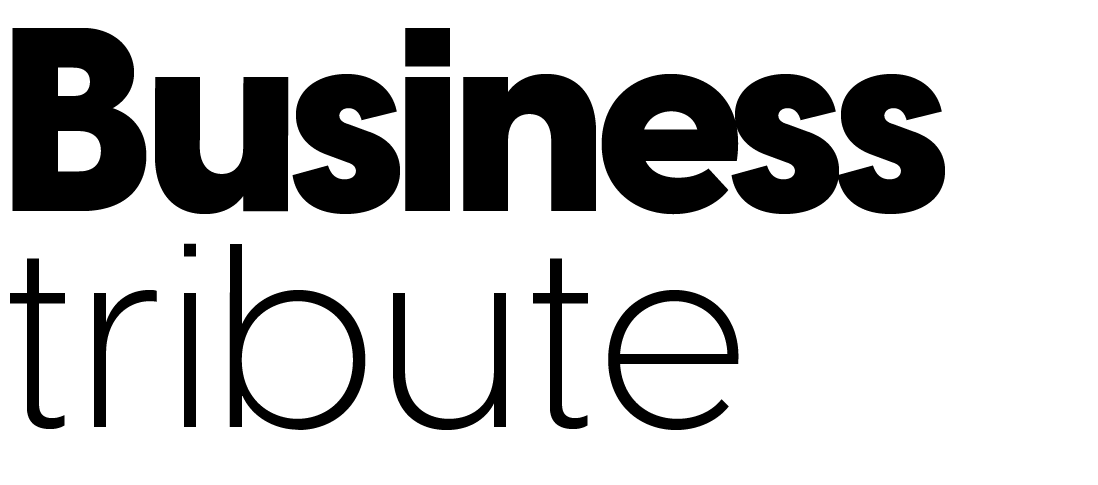In response, Microsoft says it has “listened to feedback” and has made substantial modifications to Recall to address privacy concerns. The updated version will now be opt-in, a significant shift from the original default setting that had it automatically activated. Additionally, extra security measures have been introduced to make it more user-friendly and privacy-conscious.
Recall aims to serve as an AI-driven “photographic memory” for users, allowing them to retrieve any activity on their PC. It was designed to help users easily find past documents or revisit work by analyzing screenshots taken every few seconds. While this could boost productivity, privacy experts raised concerns about the amount of personal and sensitive data that the system might gather.
Microsoft’s corporate vice president of Windows and devices, Pavan Davuluri, reassured users that the relaunch of Recall would include robust privacy features, such as encrypted snapshots and biometric login for secure access. Sensitive information like credit card details will also be excluded by default. According to Microsoft, Recall is now available only on CoPilot+ laptops, which come equipped with powerful AI chips and advanced Windows features. The CoPilot+ computers are being marketed as the fastest, most intelligent Windows PCs to date.
Despite the added security measures, some experts remain cautious. Professor Alan Woodward, a cybersecurity expert at Surrey University, acknowledged that the changes were a step in the right direction. However, he emphasized the importance of thoroughly testing Recall’s security and privacy aspects before widespread deployment. “Personally, I would not opt-in until this has been tested in the wild for some time,” Professor Woodward commented, highlighting ongoing skepticism about the tool’s readiness.
The ICO also stated that it would continue assessing Recall as Microsoft prepares for the launch, adding that the changes made to the product so far were being closely monitored. A technical blog about Recall mentioned that “diagnostic data” may still be shared with Microsoft, depending on individual privacy settings, underscoring the importance of user awareness and customization options.
Microsoft’s new approach to Recall aims to provide users with a helpful tool to improve productivity while prioritizing privacy and control. The company’s willingness to revise and delay the release signals its effort to balance innovation with the responsibility of safeguarding user data, though users remain cautious about how this will unfold in practice.






